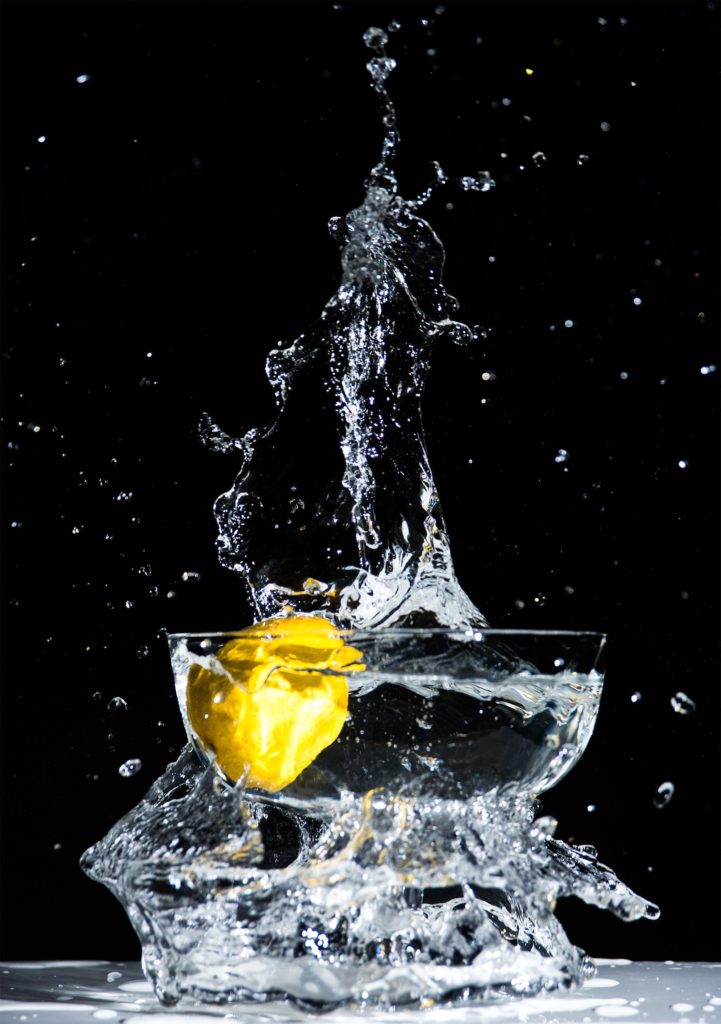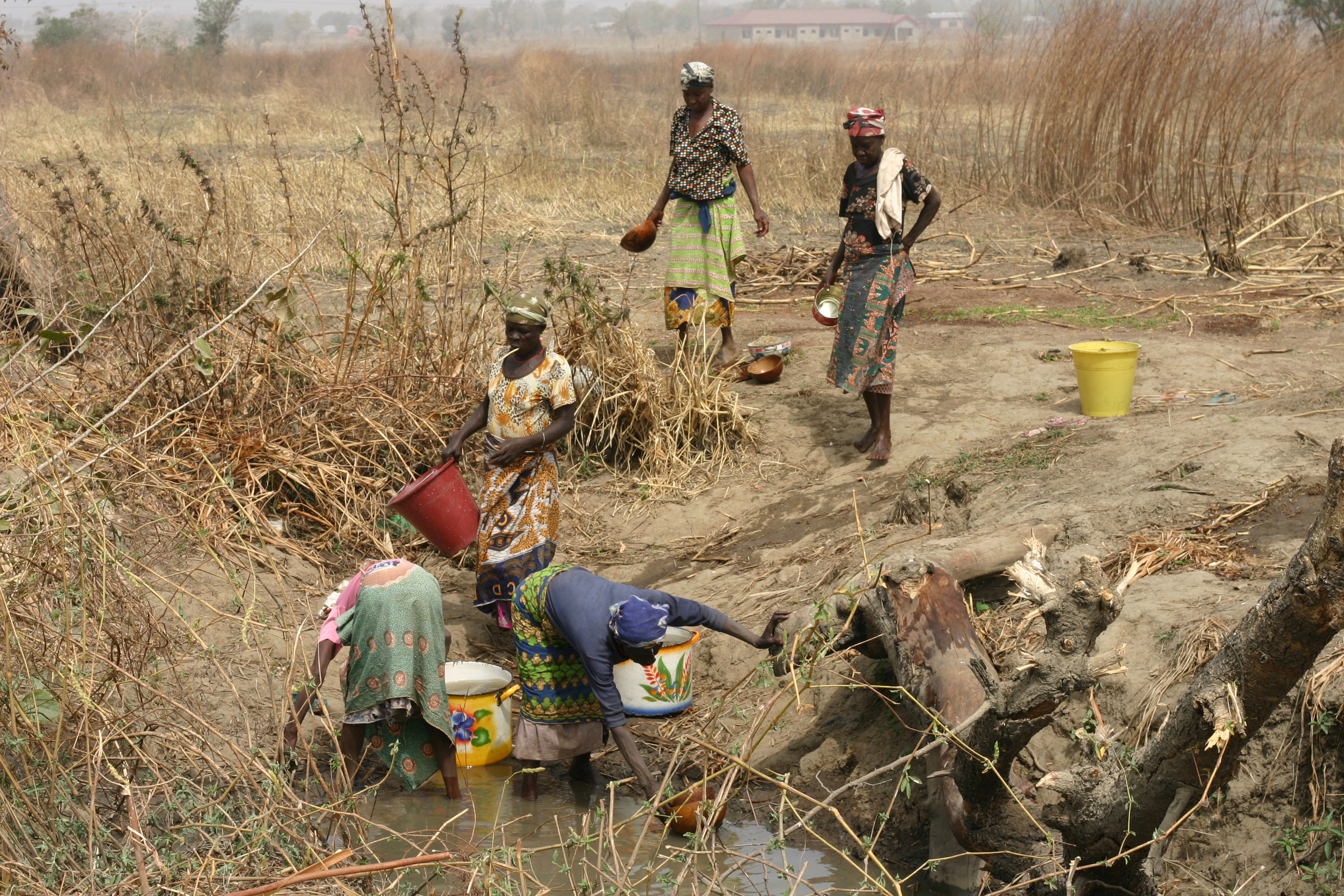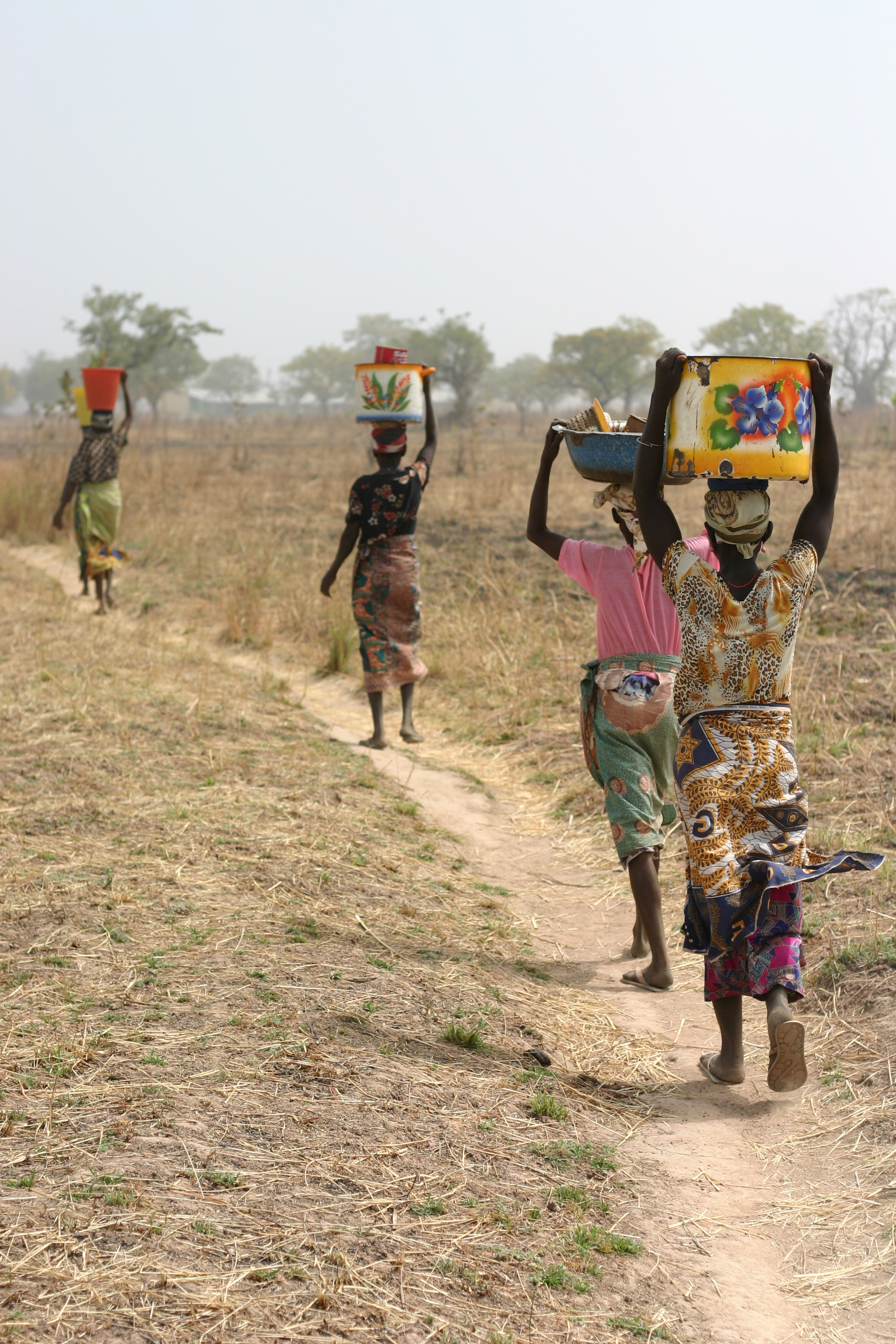When Peeper was born, the folks at the hospital gave me a giant double insulated water jug. I reveled in its 28 ounce capacity and brought it everywhere. I drank water like it was my job because, for a breastfeeding mama, it was my job! I emptied my favorite water bottle again and again and again.
Then one bad no good horrible day, I left the jug on top of the car and drove away. The jug was smashed. My heart was smashed. I missed that hunk of plastic for months.
I told this story to the nurses at the hospital where I delivered Kiwi. Not only did they gift me a new one, they gave me two. Voila: Now I have two of my favorite water bottles!
Maybe they were angling to get Kiwi named after them.
Well played, nurses.
Anyway, the other night I was trying to keep myself awake and amused as Kiwi was breastfeeding, so I composed a little poem in honor of my favorite drinking receptacle. (What, isn’t that what everyone does?)


